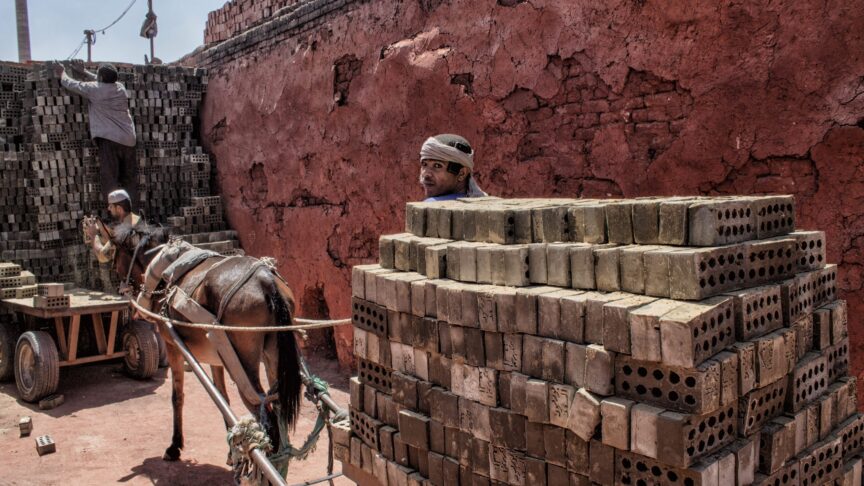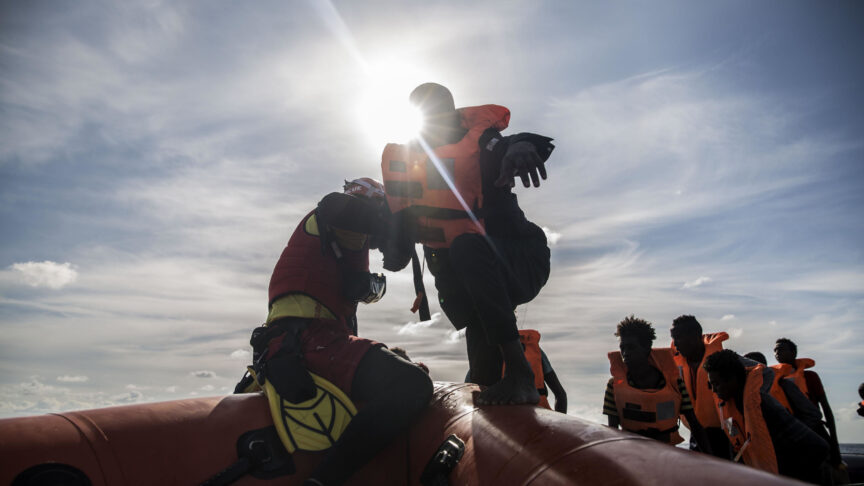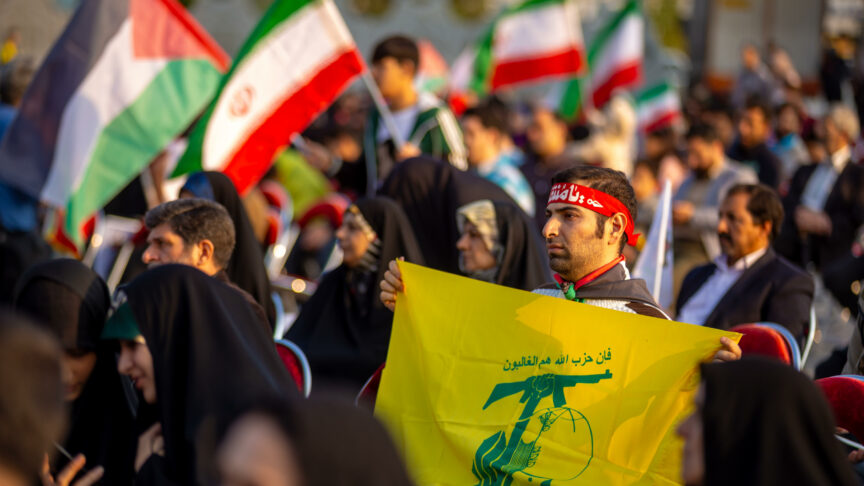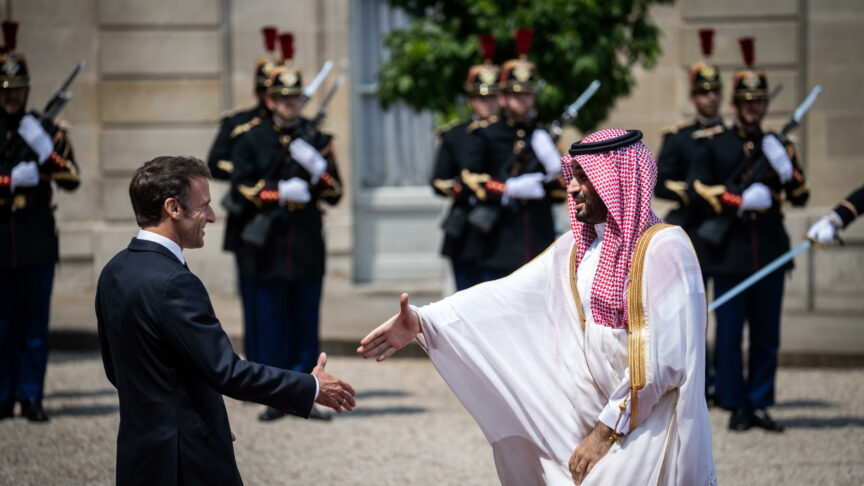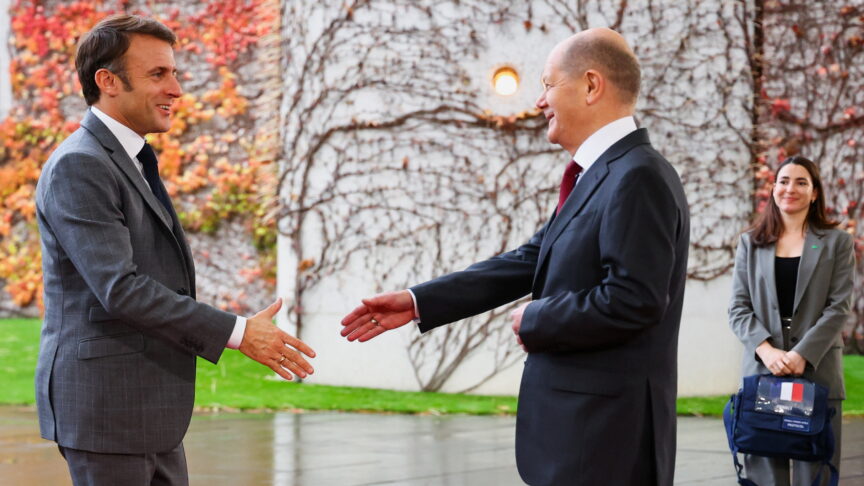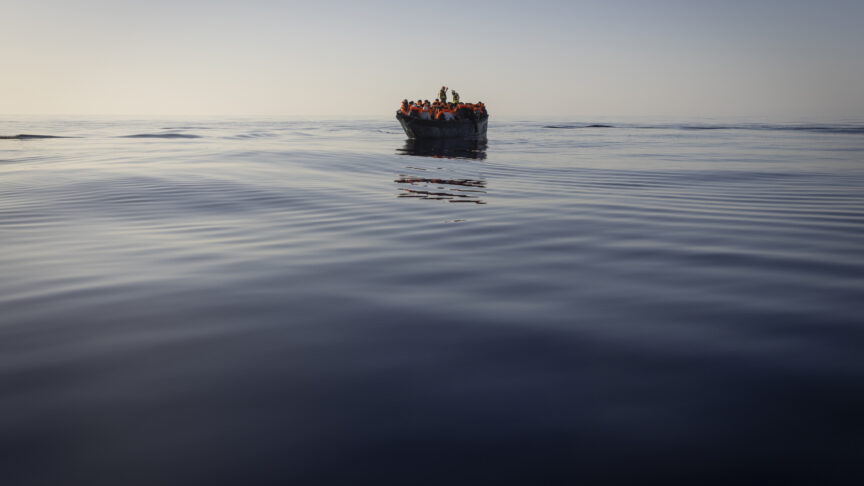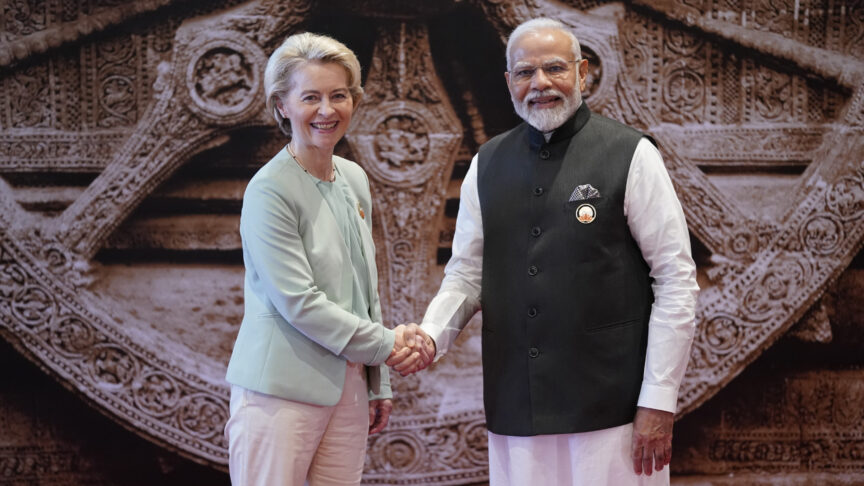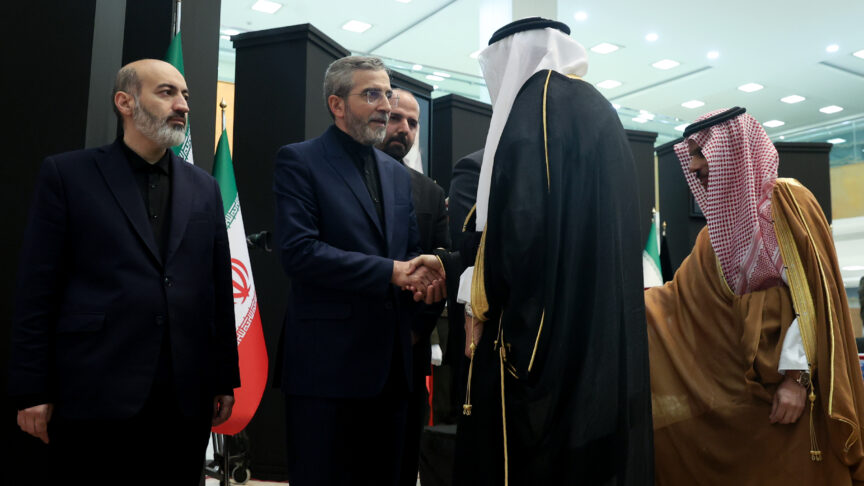
Mending fences: Europe’s stake in the Saudi-Iran detente
Saudi-Iran diplomacy offers a rare path to prevent deepening conflict in the Middle East and support regional stability. Europeans should see this diplomacy as a chance to address their core interests, and not just as Iran’s attempt to bypass Western pressure

